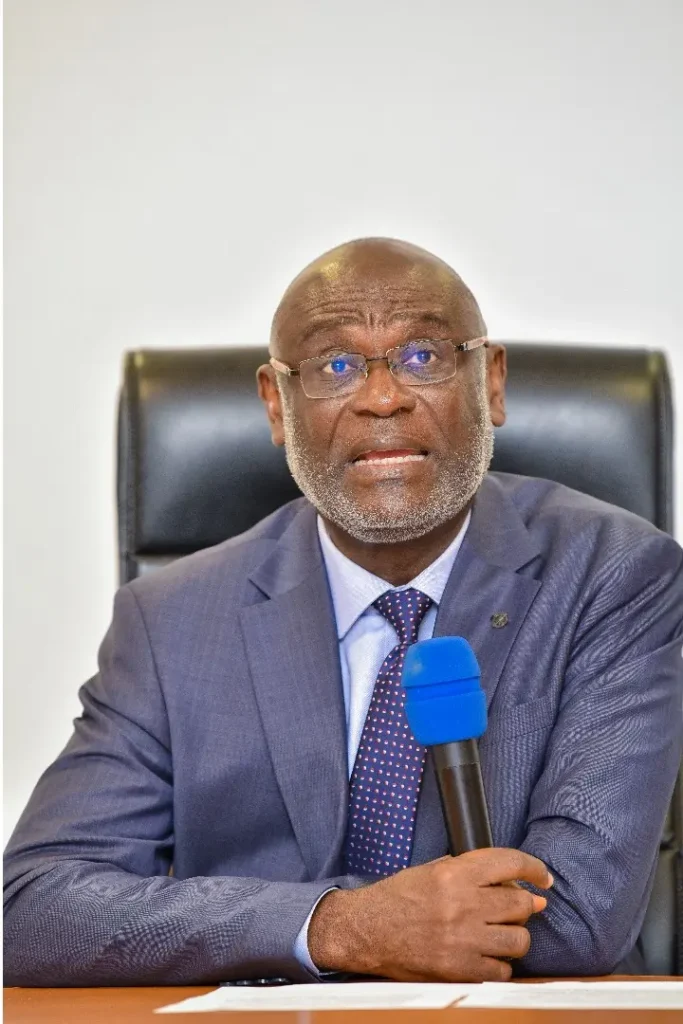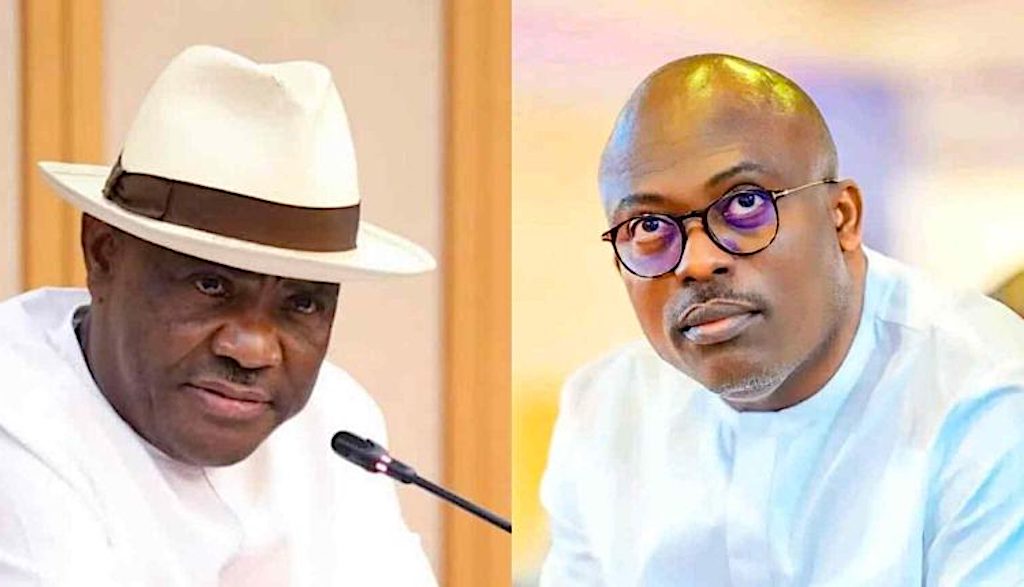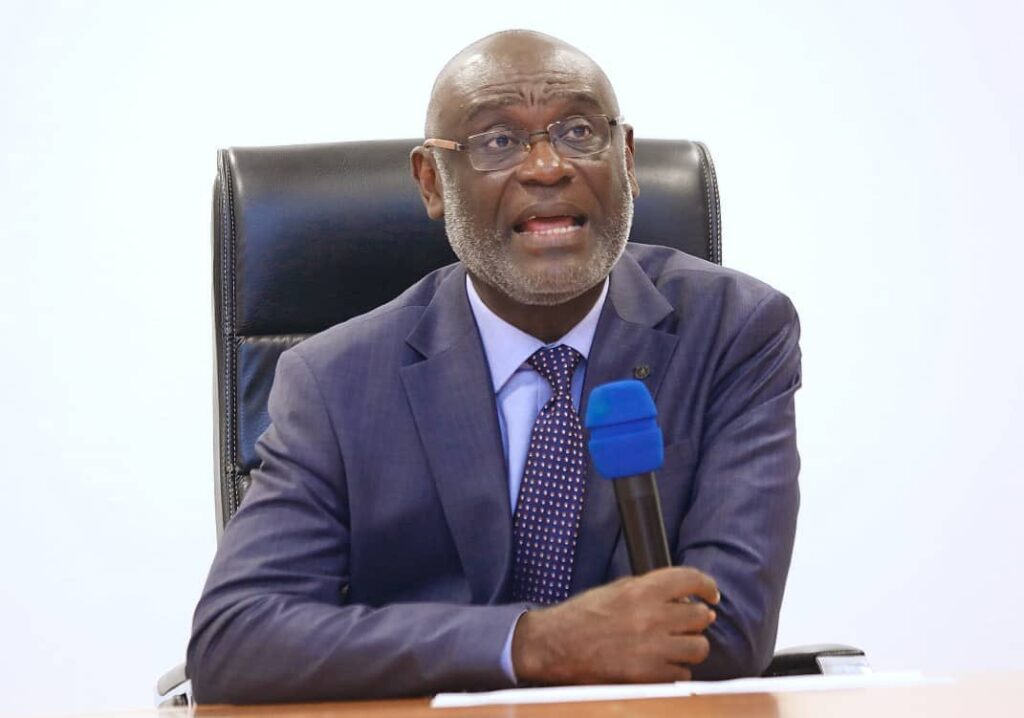
CurrentReportBlog In a recent twist in Rivers State’s legal and political saga, the High Court in Port Harcourt affirmed Martin Amaewhule and 26 others as legitimate members of the Rivers State House of Assembly and the Peoples Democratic Party (PDP). However, this decision has met with resistance from the state’s legal authority.
Dagogo Iboroma, the Attorney General and Commissioner for Justice of Rivers State, has announced plans to appeal the High Court’s ruling. The Attorney General expressed concerns over the judgment and stated that the decision does not conclude the matter, indicating that the state government believes there are grounds for a successful appeal.
The affirmation by the High Court had initially been seen as a resolution to the ongoing dispute regarding the legitimacy of the assembly members’ positions. However, the announcement of the appeal underscores a continuing battle in the legal corridors of Rivers State, suggesting that the issue might ultimately be decided by a higher judicial authority.
The decision to appeal reflects the complexities often involved in political legal battles, where differing interpretations of the law lead to extended judicial engagements. It also highlights the significant role that the judiciary plays in the governance and democratic processes of the state, serving as the arbiter in disputes that affect the legislative landscape.
As this legal battle unfolds, it will undoubtedly attract significant attention from both the public and political analysts. It raises questions about the balance of power between different branches of government and the processes by which legal judgments are contested and upheld in Nigeria.
The citizens of Rivers State and observers nationwide will be watching closely as the appeal process progresses, looking to see how this pivotal legal challenge will impact the political stability and legislative efficacy of the state. This case not only affects the individuals directly involved but also has broader implications for the rule of law and democratic governance in Rivers State.













